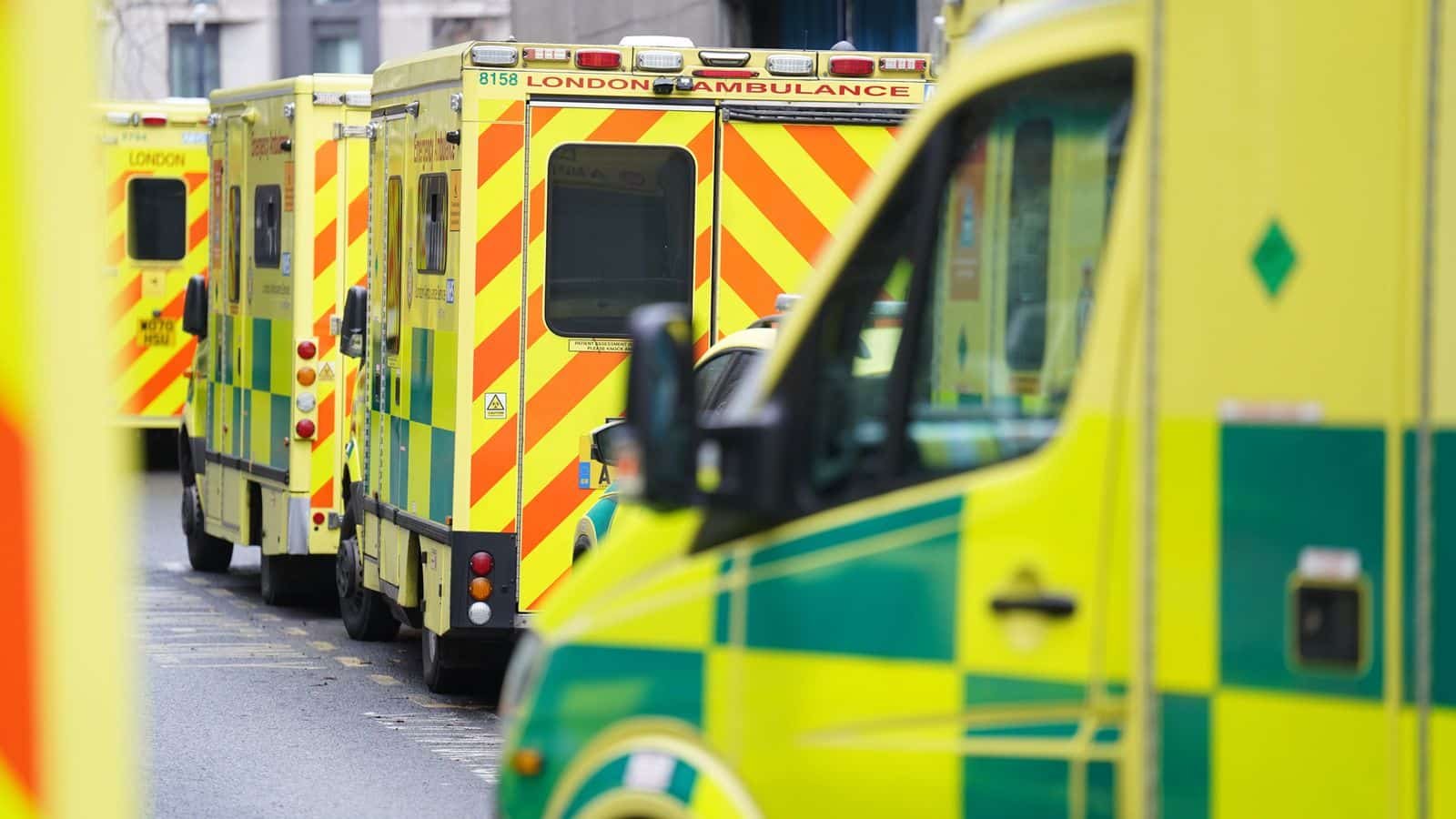Following a vote by members to reject a 4% pay offer because they believed it represented a “massive real terms pay cut,” GMB union bosses claimed that the government’s “cold dead hands” were preventing the creation of a proper pay offer.
Six additional strike dates have been set by ambulance workers as their ongoing dispute over pay, jobs, and working conditions.
On February 6 and 20, as well as March 6 and 20, more than 10,000 GMB union members who work as paramedics, emergency care assistants, call handlers, and other ambulance staff at eight NHS trusts are planning to strike.
Workers at West Midlands ambulance service will also strike on 23 January and North West Ambulance Service will walk out on 24 January.
The dates have been announced after talks with the government broke down, with the union saying their members are “angry” and “are done”.
GMB union members voted against the government’s 4% pay rise, saying it was “another massive real terms pay cut”.
Rachel Harrison, GMB national secretary, said: “Our message to the government is clear – talk pay now.
“Ministers have made things worse by demonising the ambulance workers who provided life and limb cover on strike days – playing political games with their scaremongering.
“The only way to solve this dispute is a proper pay offer. But it seems the cold, dead hands of Number 10 and 11 Downing Street are stopping this from happening.
“In the face of government inaction, we are left with no choice but industrial action.
“GMB ambulance workers are determined, they’re not going to back down. It’s up to this government to get serious on pay. We are waiting.”
The ambulance services that workers will be walking out in February and March from are: South West, South East, North West, South Central, North East, East Midlands, Welsh, and Yorkshire.
The Unite union is also set to announce further ambulance strikes as it accused the government of refusing to negotiate.
Unite, which represents 100,000 NHS workers, said its ambulance committee is meeting later on Wednesday to set new strike dates that will then be put to members to confirm.

